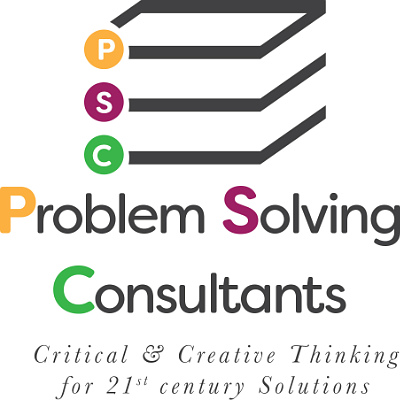It’s a new year and we’ve all had a little time to adjust to writing “2014” on those important documents. With the new year comes the opportunity to take a fresh look at how we are responding to the problems and issues that occur within our organizations.
This is not an encouragement to make a New Year’s Resolution – most of those only last the first week. Rather, this is encouragement to take a fresh look at how you identify and resolve problems. If in the last year you realized that your usual approach wasn’t working, now is a great time to assess your problem solving skills, emphasize the ones that are working and seek out help to improve those that were less productive than you wanted or knew. Why not also make the decision to call in individuals who have experience with problem solving to help? Such a decision is not an admission of failure. It is a testament to your willingness to learn and to grow in your position and a testament to your commitment to seeing your staff and your organization succeed. Let’s chat!
